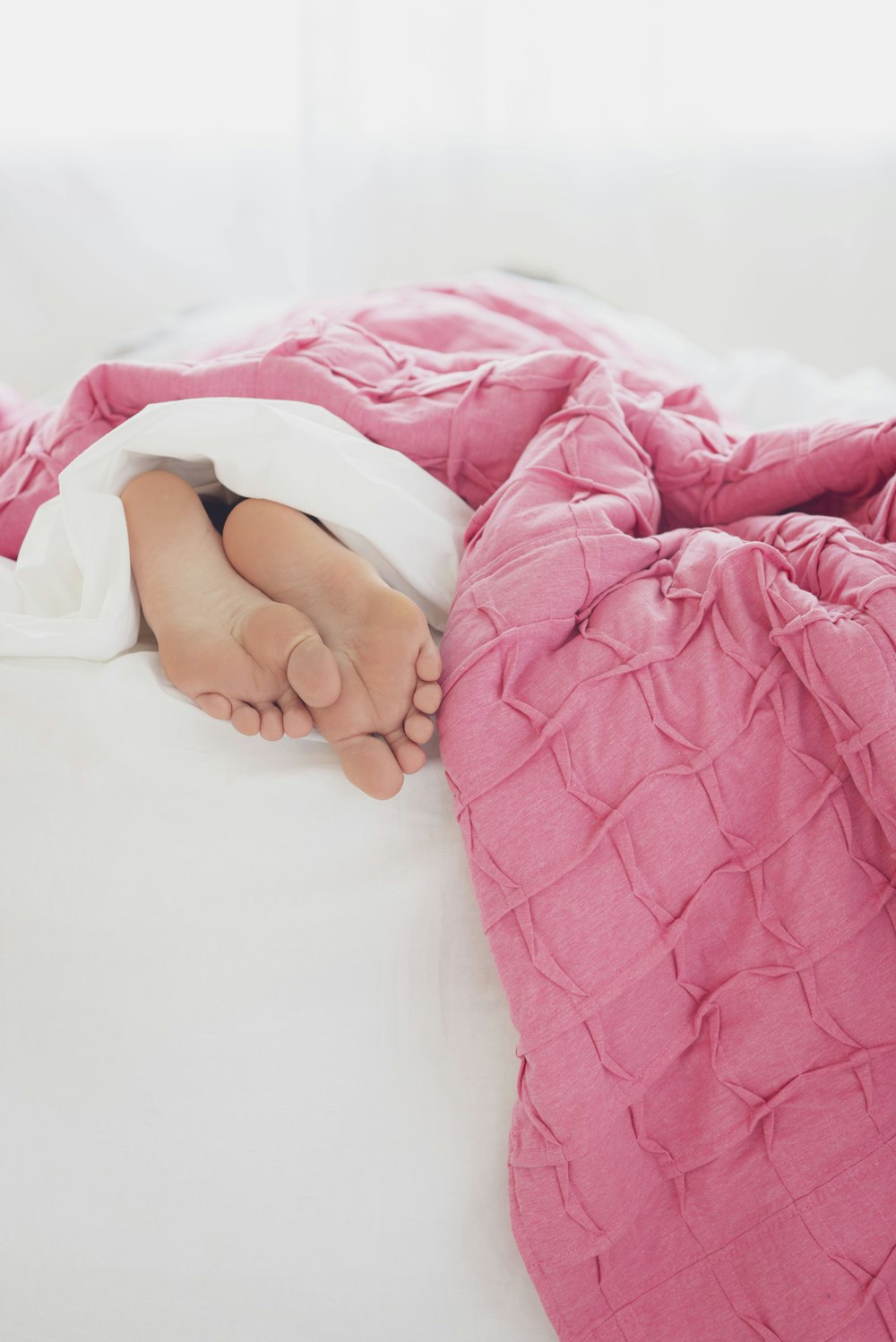
You may be surprised to learn that there is a strong link between poor sleep and a number of oral health problems; in fact, between 8 and 16% of adults in the U.S. are affected by a nightly teeth grinding habit, which can cause teeth to chip and fracture. Your teeth, jaws and their surrounding anatomy can also play a role in conditions like obstructive sleep apnea, and orthodontic intervention can provide effective treatment. Oral appliances can also prevent mouth breathing in children and adolescents, allowing for better sleep and better overall health.
Night Guards Prevent and Treat Bruxism & TMD
Bruxism refers to the habitual and unconscious grinding of one’s teeth, often during sleep. Misaligned teeth, an uneven bite, sleep apnea and anxiety can cause and exacerbate bruxism. Over time, grinding your teeth can cause them to become worn down and eventually break. Excess pressure from clenching the jaw can lead to temporomandibular dysfunction (TMD), a condition that causes inflammation and discomfort to the joints that hinge the upper and lower jaws.
Your dentist or orthodontist can provide a customized night guard to help prevent bruxism and alleviate TMD. The night guard fits over your top and bottom teeth, keeping them slightly separated while you sleep. Wearing a night guard can protect your teeth from damage caused by grinding and offers relief from headaches and facial pain associated with TMD.
Oral Appliances Can Treat Sleep Apnea
Obstructive sleep apnea is a prevalent and serious sleep disorder, which can lead to life-threatening consequences if left untreated. Sleep apnea occurs when the muscles at the back of the throat collapse during sleep, blocking the airway. Your dentist or orthodontist can treat sleep apnea by addressing anatomical features such as an overbite, a narrow jaw or an elongated uvula. While a CPAP machine is typically the recommended course of care for treating sleep apnea, oral appliance therapy crates a slight protrusion in the lower jaw, while you’re wearing it, allowing for better airflow.
Palate Expanders Prevent Mouth Breathing in Children
Interceptive orthodontic treatment can help prevent mouth breathing for better oral and better sleep. Mouth breathing can cause dryness, which increases the risk of cavities and periodontal disease, and diminishes respiratory health. Many children who breathe through their mouth experience difficulty sleeping at night, and mouth breathing may be indicative of sleep apnea in pediatric cases.
Allergies, enlarged tonsils, and deviated septum are some of the most common causes of chronic mouth breathing in children. Because the upper part of the maxillary ridge forms the bottom of the sinus cavity, expanding the upper jaw makes more room for airflow through the nose. A palatal expander widens a narrow upper jaw, improving nasal ventilation and making it easier for your child to breathe.
If your dental health is affecting your sleep, talk to your dentist or orthodontist about options for treatment. Your oral health is an integral part of your overall health, and should be made a top priority. Orthodontic appliances to treat bruxism, sleep apnea and mouth breathing can dramatically improve your quality of life.